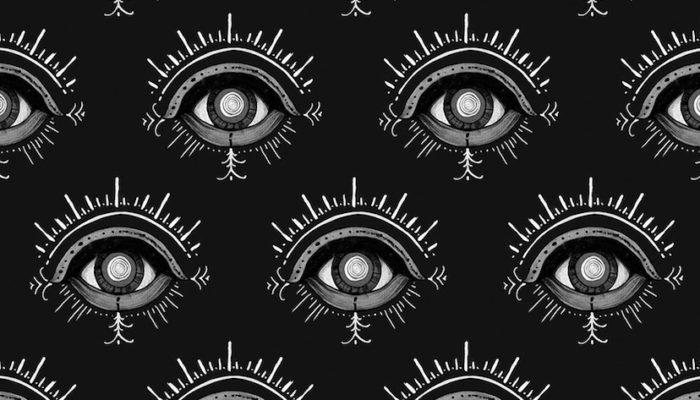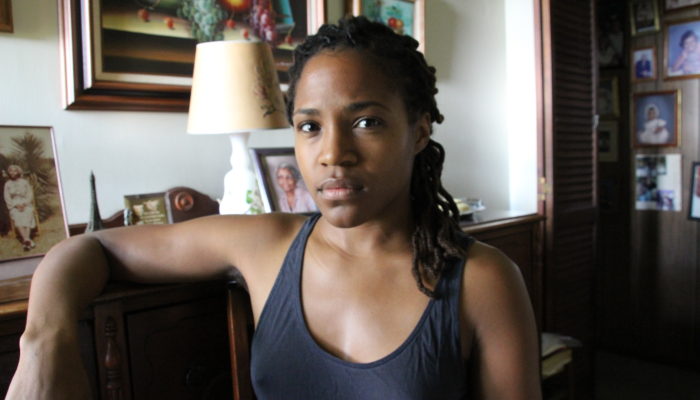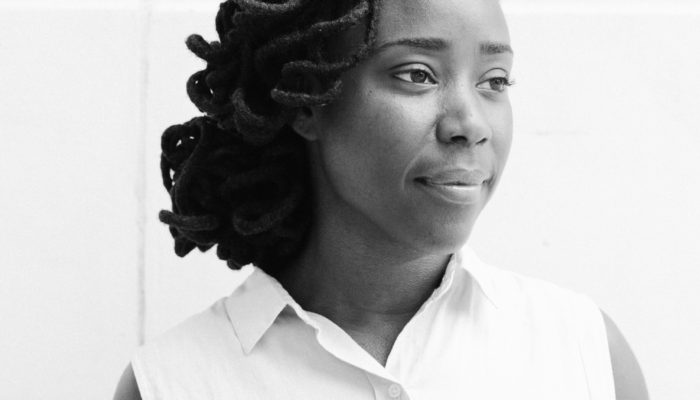On the third day of our online symposium, Faith at the Border, Mina Zohal grapples with borders, crossings, ghosts, and language. We asked our issue five writers: in what do you place your faith during the act of crossing between places, nations, people, bodies, things, and feelings? And how? We asked that writers be free in their (re)definitions of borders and faith. The work Mina Zohal has shared is as thoughtful as it is breathtaking. These contributions for Faith at the Border are from our Issue 05 writers. Read their work in Apogee Issue 05, available for purchase now.
Jupiter, 2011 Nica Ross
Kudam Taraf, by Mina Zohal
Sometimes, I sit across the table from you feeling helpless in the face of the disintegration of our materials. I think: I’m reaching for a suitable praxis, but discordant sounds are taking shape between languages. Our land. Our land. Our family our land. Environs muttered through bad teeth. Rocks fall from my mouth as I try to articulate possible futures. Mother-tongue Mother-land Mother-mother. Mother me. Fals-e marg came early this year. Hawa e besyar garm ast. Da e roz haa, besyar khasta hastam, but sleep breaks like light or water in little eruptions just at the edge of: I can’t take this shit, nameytanam. Mother-mother/less.
I tell you about another rejection letter from a journal I habitually submit to who habitually rejects me. Chirah bacheem? They publish people of color and focus on “international literature.” Apparently, barrish Afghan kafi nastam. Ma tamame roz newishta kardam, but I won’t translate my otherness into a translatable otherness that they can translate into otherness. Tashweesh nabaash bacheem, chize ke khoob bashad khoob ast. I laugh. And we have to. I tell you I want to talk about how contingencies wind back. About conditions. You say: Ma fkr meykonam ke tu da zendegi khud mawafaq kha shodi. Zinda baashe, mehrabaani padar jan, shookr. I say that if you put your hand on a cold radiator, you will feel that the world around you is so sard. We have to laugh into our everyday human lexicon. I quote Tarkovsky’s dad, but you don’t get it so I translate. You don’t understand why I wrote a book about a Russian.
I think about borders, tortured arguments, the run of time. The number of ghosts multiplying. Our own crossings both remembered and imagined: it’s the kind of point of view that unfloods from my hair like snakes. I feel inebriated with life’s remains. And I think: superstition is a kind of understanding. In the words of M.I.A.: I really love Allah I really love Allah I really love Allah.
Tu bayed daari gufti ke shahar burraim? Biya diga bacheem. Ma ra bubaksh, faramoosh kardam padar jan. I’m so tired. Baby jan wants to purchase some special donuts from a hipster donut shop in the city. I abhor going to this hipster donut shop to purchase donuts. Baaz e waqht ha I experiment at cash registers and only talk with you in Dari. Baaz e waqht ha, we do this ba khatere you are losing your hearing and can hear Dari and Pashtu better than you can hear Englisi. Baaz e waqht ha, agar I translate into Dari what the person guft da Englisi, suddenly you can hear it. Baaz e waqht ha, I do this simply ba khatere I’m interested in the way people examine us. Baaz e waqht ha, they look at us like we are very cute. Ama, when I do this experiment with bache kaka e ma, baaz e waqht ha, they look scared. He’s not going deaf, but he also hears better in Dari.
I just finished Maggie’s new book, and after weeks of baran, the Argonauts are the only light to lift me out of bed. I’ve been thinking of her mention of Dana’s “many-gendered mothers.” Feeling motherless, I look for these mothers. I’m looking for mothers. Nameyfahmam ke kudam taraf bayed dow bukhoram.
Read Mina Zohal’s essay, “Baaraan-e Digar,” in Apogee Issue 05, available for purchase now.
MINA ZOHAL is an Afghan American writer living and writing in the United States. She holds two creative writing degrees and lives with her daughter.
NICA ROSS is a New York based visual artist who works with photo, video and lighting creating pieces that instigate alternate narratives using themes of science fiction, queerness and desire. Nica’s photograph, “Jupiter,” is featured above and in Apogee Issue 05.




